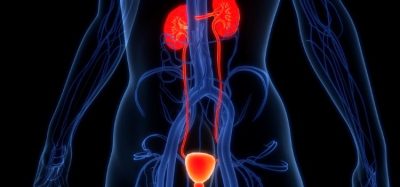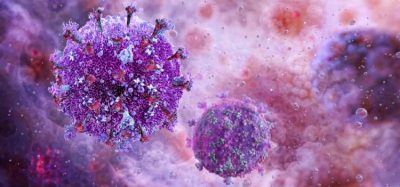Patent cliff means pharmaceutical companies will lose $65 billion by 2019, says GlobalData
Posted: 11 December 2014 |
Pharmaceutical companies will suffer an estimated $65 billion drop in sales by 2019 due to the patent expiries of several leading drugs, according to research and consulting firm GlobalData…


Pharmaceutical companies will suffer an estimated $65 billion drop in sales by 2019 due to the patent expiries of several leading drugs, according to research and consulting firm GlobalData.
The company’s report* states that the drug makers hit hardest will include Otsuka, Eli Lilly, and AstraZeneca (AZ), with a significant proportion of losses coming in the Central Nervous System (CNS) treatment sector.
Adam Dion, MS, GlobalData’s Analyst covering Healthcare Industry Dynamics, states that Eli Lilly and AZ have seen profits fall in the CNS therapeutics market since 2010, with the latter losing the greatest share over the past three years.
Dion comments: “AZ’s CNS segment has been bleeding sales as a result of the company losing its patent on Seroquel (quetiapine fumarate), a treatment for bipolar disorder, which led to the entry of cheaper generic alternatives from Teva and Sandoz. GlobalData estimates AZ’s share to have been around 9% in 2010, which has now fallen to only 3% in 2013.
“Eli Lilly’s market share declined from 14.3% in 2010 to 11.2% in 2013, primarily thanks to decreasing sales of Zyprexa (olanzapine), the company’s dopamine antagonist used to treat schizophrenia and bipolar disorder. Zyprexa sales have plummeted from over $5 billion to $1.2 billion over the same period, as a result of the drug losing its US patent exclusivity in 2011.”
The analyst adds that while Otsuka’s anti-psychotic drug Abilify (aripiprazole), which the company co-markets with Bristol-Myers Squibb, was the sales leader in the CNS arena with $9.5 billion in 2013, the drug faces a less positive future.
Dion explains: “Otsuka benefited from higher annual sales across most major markets in 2013 due to reimbursement and label expansions. In the US and Europe, prescriptions increased for adjunctive therapy in major depressive disorder and manic episodes of bipolar disorder, while there were rising sales in China, where the drug was included in the national medical insurance system.
“However, Abilify’s upcoming US patent expiration in 2015 means the drug will lose a massive $6.2 billion by 2019 as the result of generic competition, making it the biggest victim of the pharmaceutical industry’s current patent cliff.”








